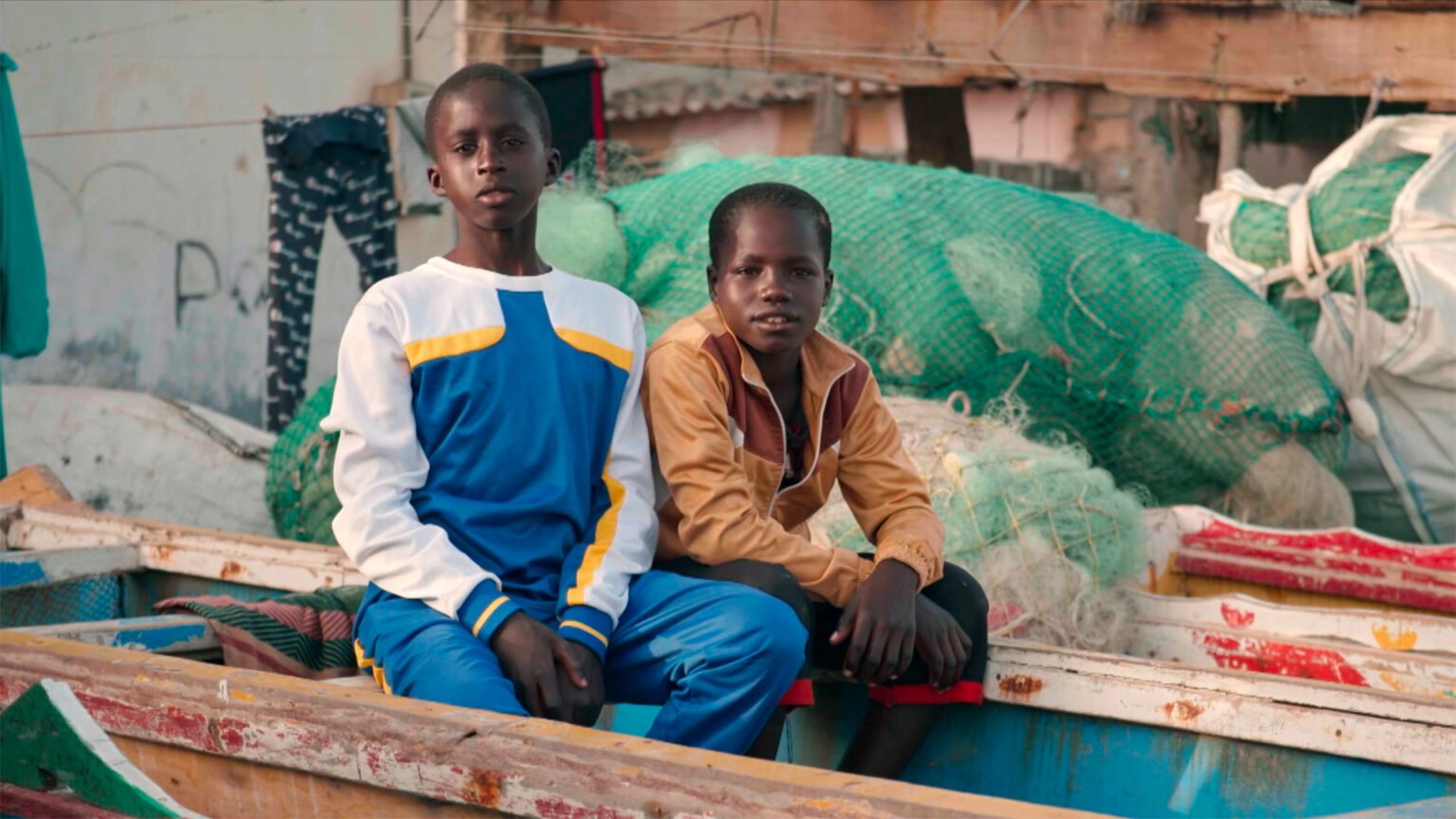The global COVID-19 pandemic has highlighted the stark vaccine inequity that exists across the world, with a quarter of the global population still unvaccinated five years after the virus emerged. African countries in particular have been among the last to receive life-saving vaccines, as powerful nations control vaccine stockpiles, leading to what has been described as “vaccine apartheid”. This disparity has fueled distrust in expensive Western-made vaccines, prompting countries like Senegal to take steps to produce more of their own vaccines in order to protect the disease-prone continent.
In an effort to address this issue, a pandemic treaty is currently being negotiated at the World Health Organization, which could potentially help Global South nations better prepare for future outbreaks. The treaty aims to address the unequal distribution of vaccines and other medical resources during health emergencies, with a focus on promoting global solidarity and cooperation to ensure that all countries have access to the tools they need to combat pandemics. This treaty has the potential to significantly impact vaccine inequity and improve the overall response to future health crises.
The fight to end vaccine inequity is the focus of Episode 1 of Flatten the Curve, a new series on pandemic preparedness. The series explores the challenges faced by countries in securing access to vaccines and other essential medical supplies during the COVID-19 pandemic, particularly in the context of limited resources and competing interests. By shedding light on these issues, Flatten the Curve aims to raise awareness about the importance of global cooperation and equity in addressing health emergencies, and to advocate for tangible solutions that can help prevent similar disparities from occurring in the future.
One of the key strategies being pursued to address vaccine inequity is the promotion of local vaccine production in African countries and other regions that have historically been marginalized in the global health community. By increasing capacity for vaccine manufacturing within these countries, they can become more self-reliant and better able to meet the health needs of their populations during emergencies. This approach not only helps to address immediate vaccine shortages, but also lays the groundwork for long-term resilience and sustainability in the face of future health crises.
As countries around the world continue to grapple with the ongoing COVID-19 pandemic and prepare for future health emergencies, addressing vaccine inequity must remain a top priority. By working together to ensure fair and equitable access to vaccines and other essential medical resources, governments, international organizations, and the global health community can help to build a more resilient and prepared world. The pandemic treaty being negotiated at the World Health Organization, along with initiatives like Flatten the Curve, offer hope for a future where all countries are able to effectively respond to health crises and protect the well-being of their populations.












